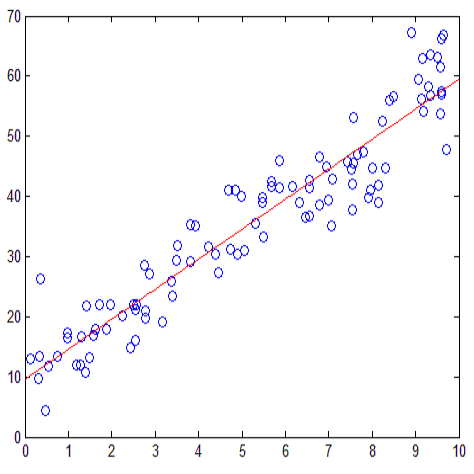We study the high-dimensional partial linear model, where the linear part has a high-dimensional sparse regression coefficient and the nonparametric part includes a function whose derivatives are of bounded total variation. We expand upon the univariate trend filtering to develop partial linear trend filtering--a doubly penalized least square estimation approach based on $\ell_1$ penalty and total variation penalty. Analogous to the advantages of trend filtering in univariate nonparametric regression, partial linear trend filtering not only can be efficiently computed, but also achieves the optimal error rate for estimating the nonparametric function. This in turn leads to the oracle rate for the linear part as if the underlying nonparametric function were known. We compare the proposed approach with a standard smoothing spline based method, and show both empirically and theoretically that the former outperforms the latter when the underlying function possesses heterogeneous smoothness. We apply our approach to the IDATA study to investigate the relationship between metabolomic profiles and ultra-processed food (UPF) intake, efficiently identifying key metabolites associated with UPF consumption and demonstrating strong predictive performance.
翻译:暂无翻译




